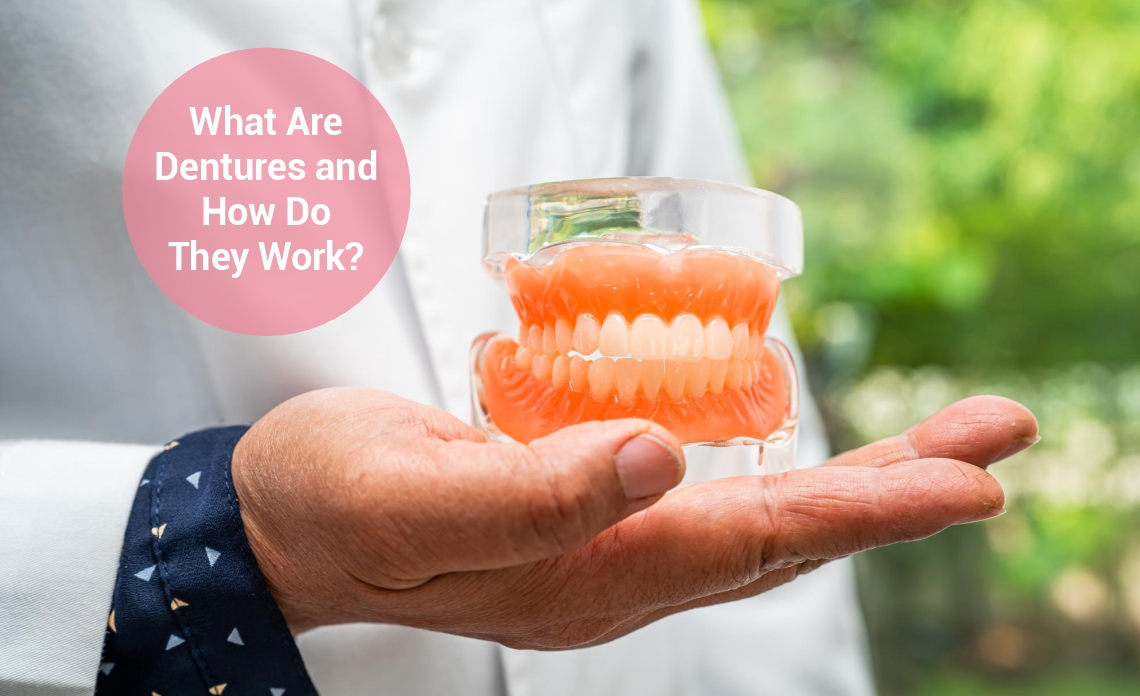Family Dental Clinic
Dentures

Complete Guide to Dentures: Everything to Know
Dentures are removable prosthetic devices designed to replace missing teeth and surrounding tissues. They are custom-made to fit an individual's mouth and restore both function and aesthetics. Dentures help maintain facial structure, improve speech, and enhance overall oral health.
Dentures can be made from various materials, including acrylic, metal, and flexible resins, depending on the type and requirement. Advances in dental technology have made modern dentures more natural-looking and comfortable than ever before.
Who Needs Dentures?
Dentures are an excellent option for individuals who have lost some or all of their natural teeth due to various reasons, including:
- Tooth Decay – Severe cavities that lead to tooth loss, making it difficult to eat and speak properly.
- Gum Disease – Advanced periodontal disease can weaken the bone structure, causing teeth to loosen and fall out.
- Injury or Trauma – Accidents or physical injuries can lead to tooth loss, requiring dentures to restore function and appearance.
- Congenital Conditions – Some individuals are born with missing teeth or conditions that affect dental development. Dentures help provide a full set of functional teeth.
- Age-Related Tooth Loss – Natural wear and tear over time can lead to missing teeth, making dentures a common solution for older adults.
What to Expect During Denture Treatment?
Getting dentures is a multi-step process that ensures a perfect fit and comfort. The following steps outline what to expect during treatment:
- Initial Consultation
- A thorough dental examination is conducted to assess oral health and discuss suitable denture options.
- X-rays may be taken to evaluate jawbone condition and remaining teeth.
- The dentist will explain different types of dentures and recommend the best option based on individual needs.
- Impressions and Measurements
- Molds (impressions) of the gums and any remaining teeth are taken to create a precise model for the dentures.
- Jaw measurements ensure proper alignment and bite functionality.
- Trial Dentures (Wax Try-In)
- A temporary denture model is created for a trial fitting.
- Adjustments are made to improve fit, bite, and appearance before the final denture is fabricated.
- Final Placement
- Once the permanent dentures are ready, they are fitted and checked for comfort and functionality.
- The dentist will make final adjustments to ensure a proper fit.
- Follow-Up Appointments
- Regular visits are scheduled to monitor the fit and comfort of the dentures.
- Additional adjustments may be necessary as the gums and mouth adapt to the new appliance.
The entire process typically takes a few weeks, but healing and adaptation may take longer, depending on individual circumstances.
Types of Dentures
There are several types of dentures available, each catering to different dental needs:
- Complete Dentures (Full Dentures)
- Used when all teeth in the upper or lower jaw are missing.
- Made from acrylic resin and designed to rest directly on the gums.
- Provides a natural-looking replacement for a full set of teeth.
- Partial Dentures
- Recommended for individuals who still have some natural teeth remaining.
- Made with a metal or acrylic framework that clasps onto existing teeth.
- Helps prevent remaining teeth from shifting out of position.
- Implant-Supported Dentures
- Fixed or removable dentures anchored to dental implants surgically placed in the jawbone.
- Offers greater stability and prevents slipping, making them more comfortable than traditional dentures.
- Improves chewing efficiency and preserves jawbone health.
- Immediate Dentures
- Placed immediately after tooth extraction, preventing the need to go without teeth during the healing period.
- May require adjustments as gums heal and shrink.
- Snap-In Dentures (Overdentures)
- A hybrid between traditional and implant-supported dentures.
- Held in place with dental implants but can be removed when needed.
- Provides better stability than conventional dentures.
Each type has its advantages, and the best choice depends on individual needs, oral health, and budget.
Benefits of Dentures
Dentures provide multiple benefits that significantly improve quality of life:
- Restored Chewing Function
- Allows individuals to eat a wider variety of foods, improving overall nutrition.
- Reduces strain on the digestive system by enabling proper chewing.
- Improved Speech
- Helps with pronunciation and reduces speech difficulties caused by missing teeth.
- Enhances communication confidence.
- Enhanced Facial Structure
- Supports facial muscles, preventing sagging and premature aging.
- Maintains natural facial contours for a youthful appearance.
- Boosted Self-Esteem
- Provides a natural-looking smile, increasing confidence in social interactions.
- Encourages individuals to smile freely without self-consciousness.
- Cost-Effective Solution
- More affordable than dental implants or bridges.
- A long-term investment that improves oral functionality.
With proper care and regular dental visits, dentures can last for several years, offering consistent benefits.
Maintenance and Care Tips
Proper denture care is essential to ensure longevity and maintain oral hygiene. Follow these tips to keep dentures in excellent condition:
- Daily Cleaning
- Rinse dentures after every meal to remove food particles and plaque.
- Brush them daily using a soft-bristled denture brush and non-abrasive cleanser. Avoid regular toothpaste, as it may scratch the surface.
- Soaking Overnight
- Dentures should be kept moist when not in use to maintain their shape.
- Store them in water or a denture-soaking solution overnight.
- Handle with Care
- Always clean dentures over a soft towel or basin of water to prevent breakage if dropped.
- Maintain Oral Hygiene
- Brush gums, tongue, and any remaining natural teeth daily to prevent infections.
- Use a soft toothbrush to massage gums and improve circulation.
- Regular Dental Check-Up
- Visit a dentist periodically to check the fit and condition of the dentures.
- Ill-fitting dentures can cause sores, discomfort, and difficulty in eating or speaking.
- Avoid Hot Water
- Never use boiling or very hot water to clean dentures, as it can cause warping.
Why Choose Family Dental Clinic for Dentures?
At Family Dental Clinic, we specialize in providing high-quality dental Services tailored to each patient’s unique needs. Here’s why we stand out:
- Experienced Specialists: Our team consists of skilled Dental Experts with years of expertise.
- Advanced Technology: We use state-of-the-art equipment, including digital scans and 3D imaging, for precise implant placement.
- Patient-Centered Approach: We prioritize comfort, ensuring a pain-free and stress-free experience.
- Comprehensive Care: From consultation to aftercare, we guide you through every step of the process.
Blogs
Our Best Dentists





Newsletter
Follow our newsletter to Stay tuned
Emergency phone line:
+91 (79) 2979 6365



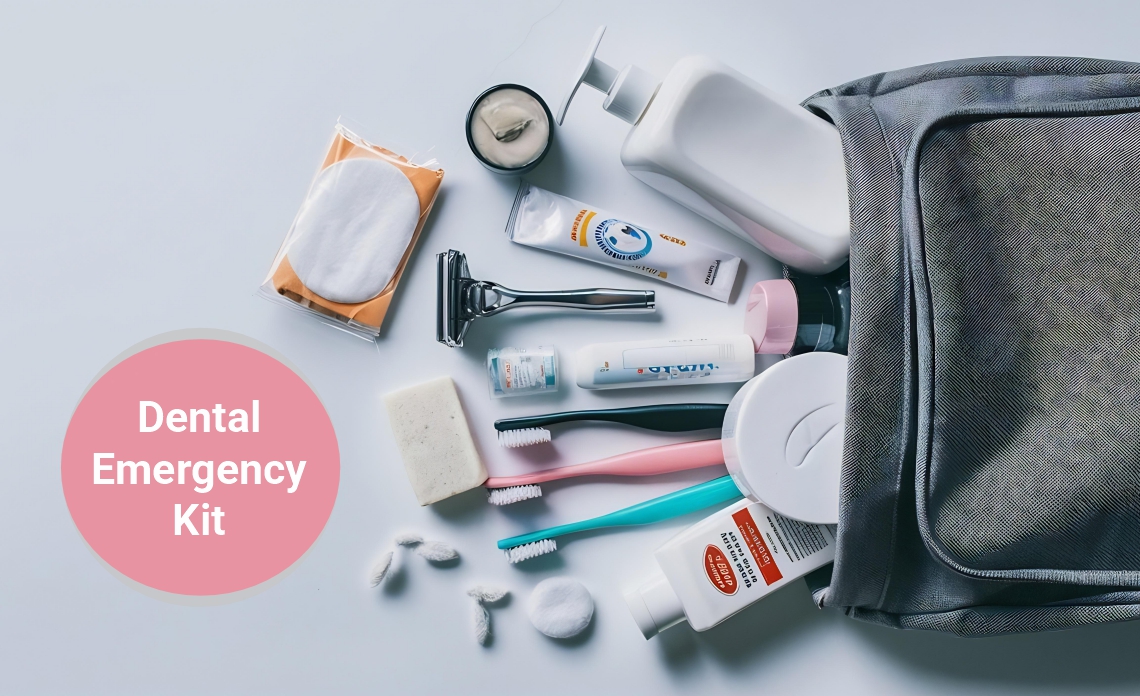

.jpg)

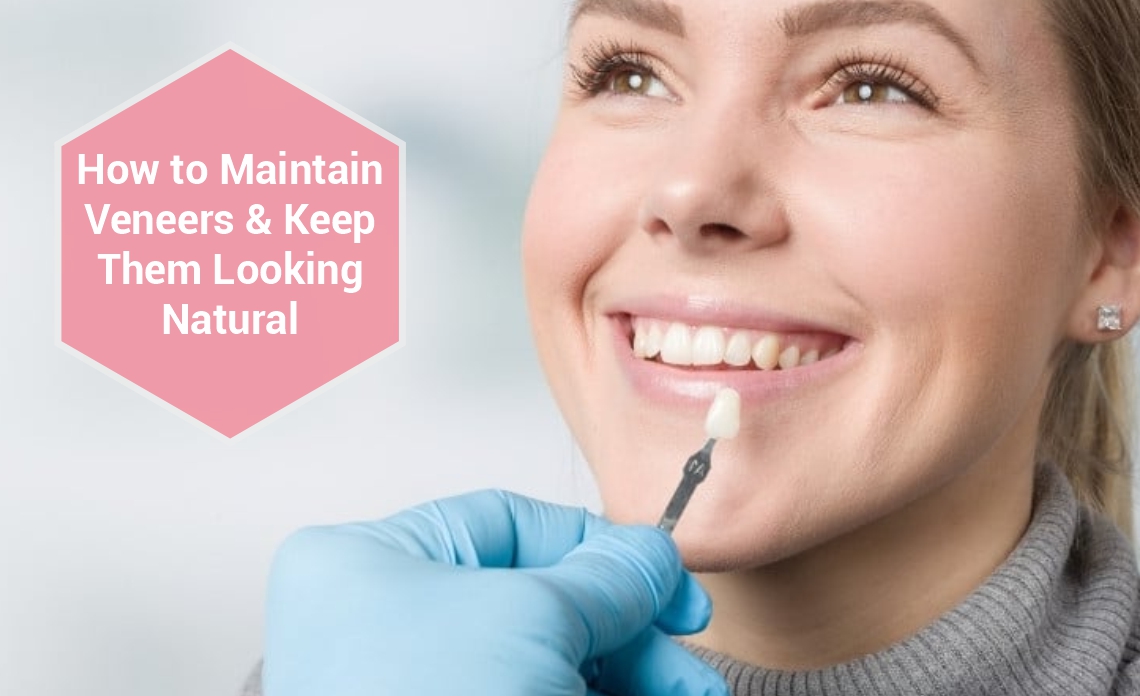
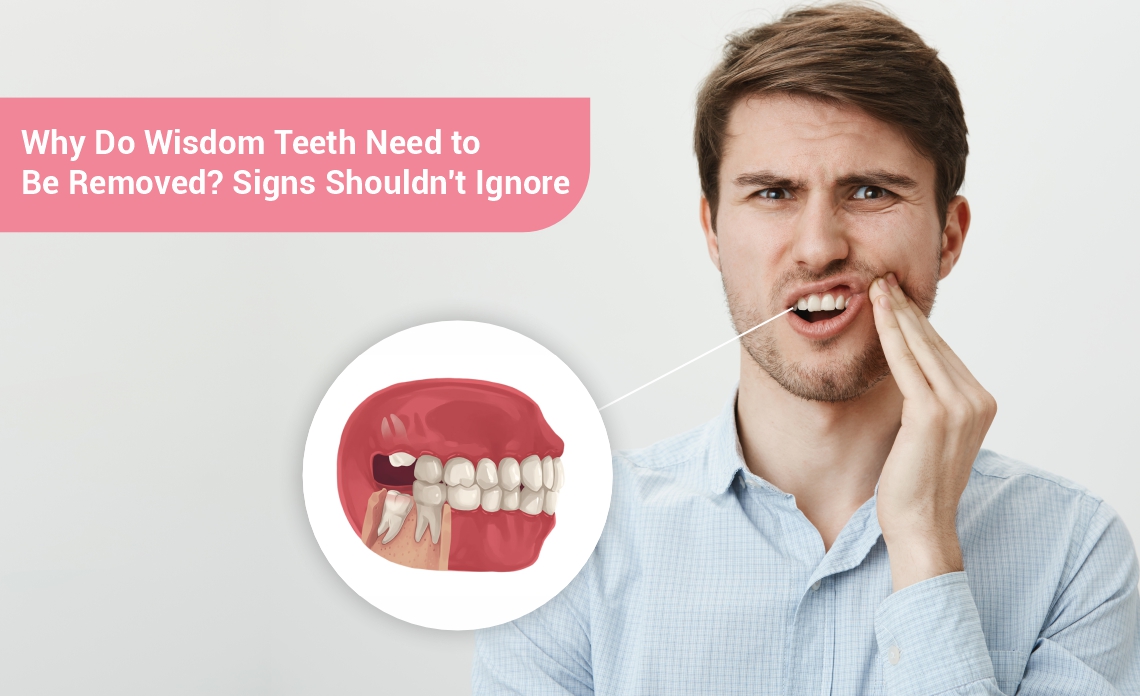
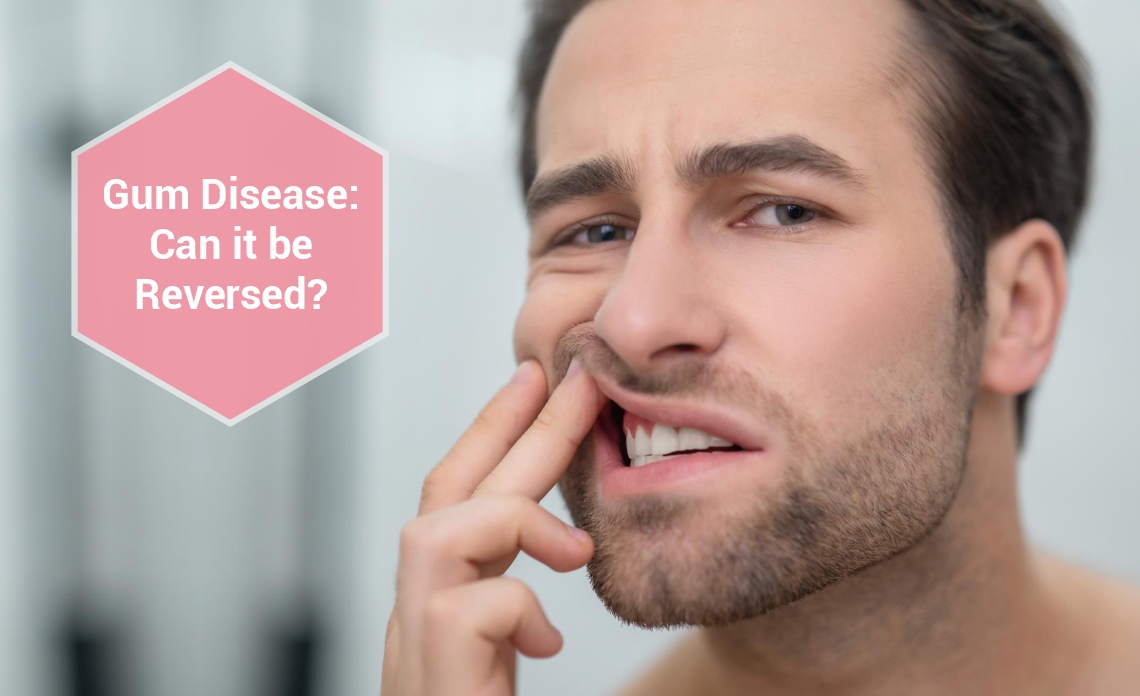


.jpg)
